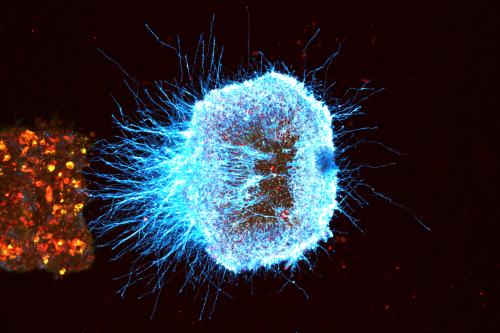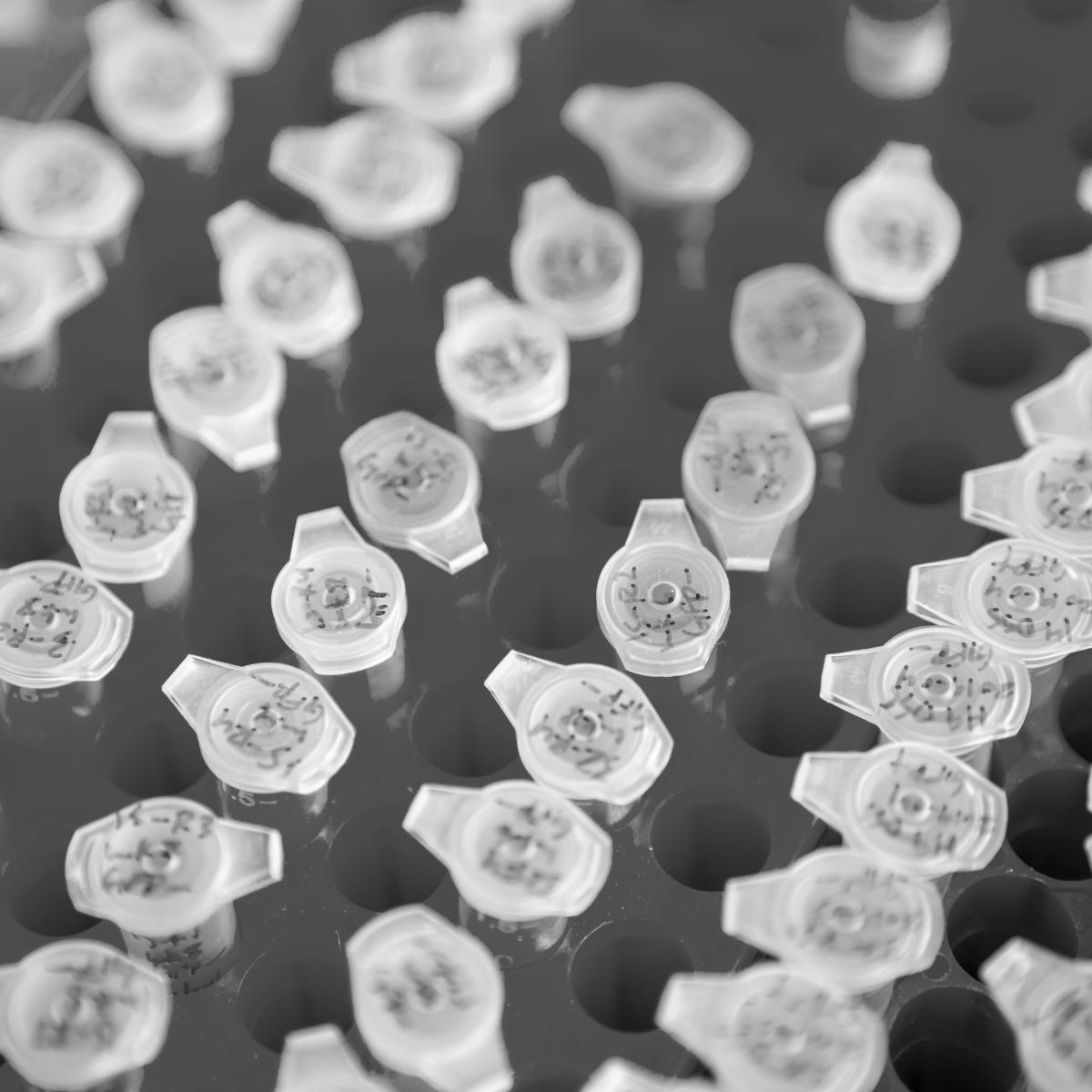

A type of treatment that uses the body's own immune system to fight cancer, infections and other diseases. This approach has revolutionized cancer care and is also being applied in experimental treatments for HIV, lupus and other conditions.
A process, procedure or study performed in a test tube or lab dish rather than in a living organism.
A process, procedure or study performed on or in a living organism.
iPS cells are cells taken from a patient that are reprogrammed so that they can undergo differentiation The process by which stem cells transform into specific, specialized cell types with distinct functions and features. differentiation The process by which stem cells transform into specific, specialized cell types with distinct functions and features. into any type of cell in the body. By maintaining the genetic code of the patient, iPS cells play a crucial role in disease modeling and regenerative medicine A field focused on developing and applying new therapies and techniques to repair, replace or regenerate tissues and organs and restore function that has been lost due to aging, disease, injury or genetic defects. regenerative medicine A field focused on developing and applying new therapies and techniques to repair, replace or regenerate tissues and organs and restore function that has been lost due to aging, disease, injury or genetic defects..
A request for FDA authorization to administer an investigational drug or biological product to humans in a clinical trial A research study conducted with human participants to evaluate the safety and effectiveness of new medical treatments, interventions, drugs or medical devices. clinical trial A research study conducted with human participants to evaluate the safety and effectiveness of new medical treatments, interventions, drugs or medical devices..
